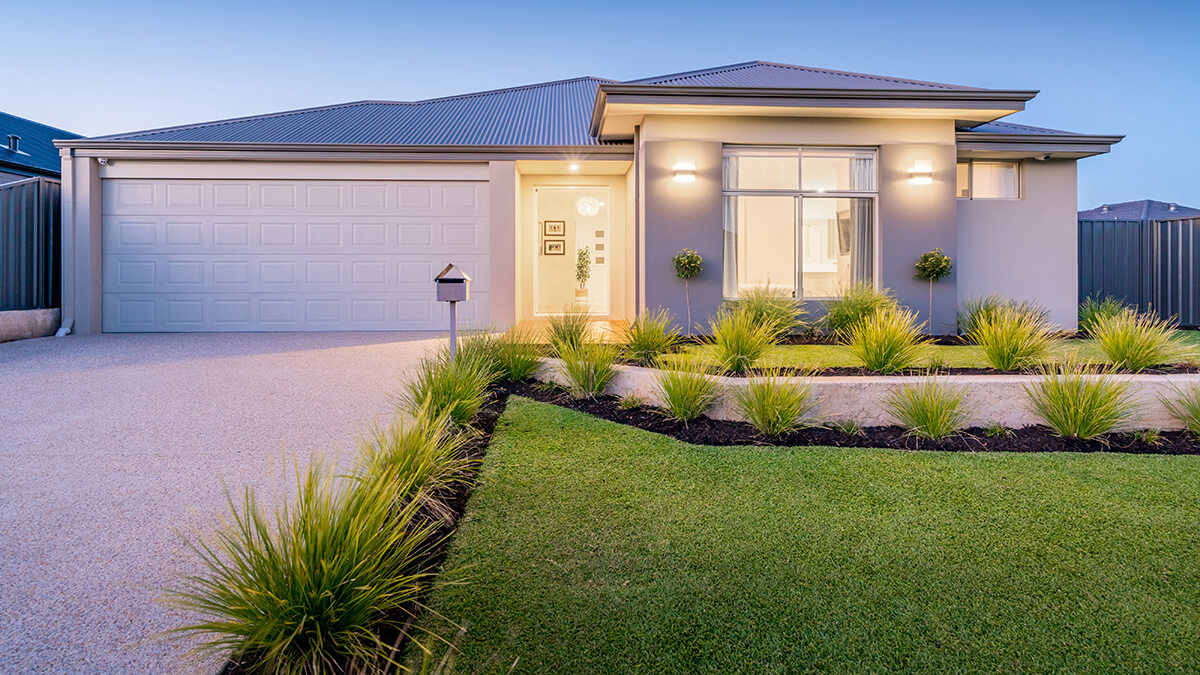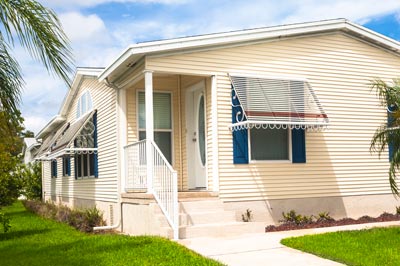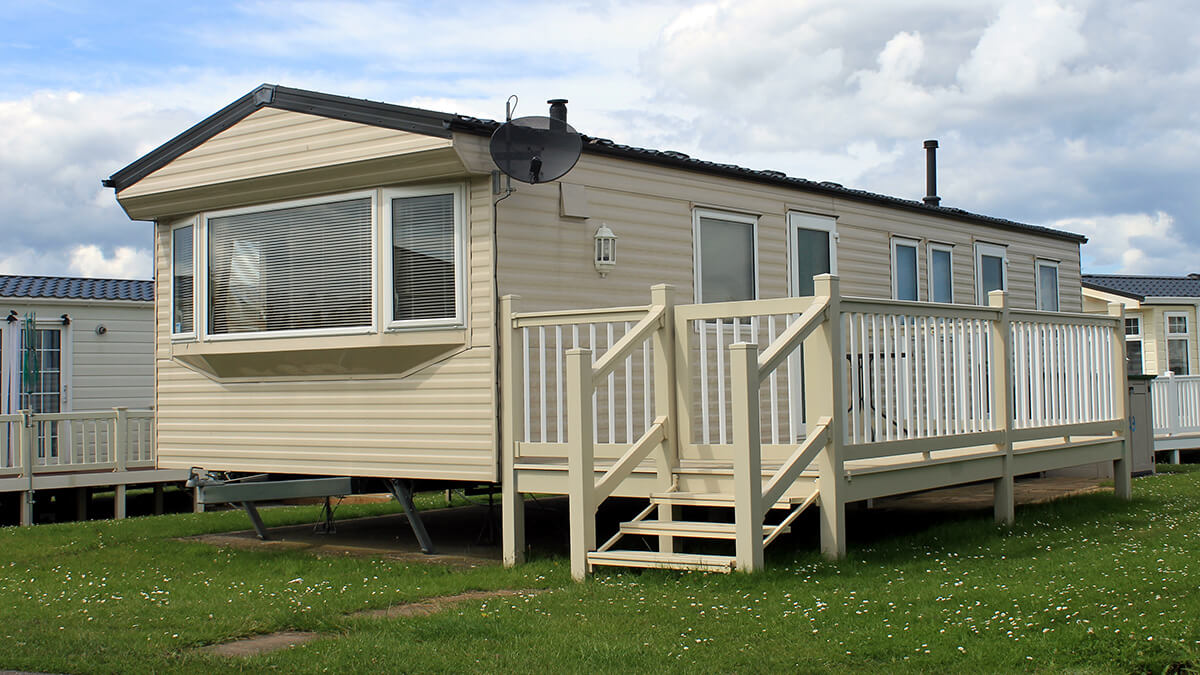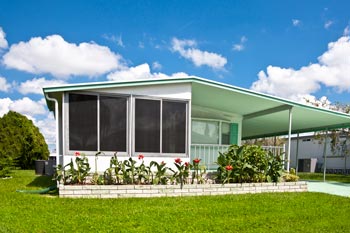Vacate Stress from Your Vacant Home

There's no question that in today's real estate market, things don't always work out exactly the way you plan. Maybe you found your dream house, but your current house doesn't sell as quickly as you need it to, and you end up having to move before you have a buyer.
Maybe you're a landlord, and you find yourself with a gap between tenants, leaving your rental property sitting empty.
Or maybe you inherit a home from a relative and it's sitting unoccupied while you figure out if you want to sell it, rent it, or live in it.
There are lots of reasons that homes become vacant, but there are some things that need to be considered no matter why the home is unoccupied.
First of all, there are some special considerations to keeping your vacant home safe. You don't want to make it a tempting target for thieves by advertising the fact that it's sitting there empty. Consider buying an inexpensive timer to turn the lights on and off at irregular intervals, so it looks like someone's home. You can even buy a device that will turn the TV on and off, so a casual observer will assume someone is inside.
Depending on the season and your location, you might want to look into hiring a lawn service or snow removal service. It's also a good idea to drop in regularly, or to have a friend or neighbor regularly check on the home.
There are lots of reasons that homes become vacant, but there are some things that need to be considered no matter why the home is unoccupied.
- Theft — Don’t advertise that the home is empty.
A vacant home could be a tempting target for theft and trespassing. And the longer a home sits untouched, the greater the risk. Consider buying an inexpensive timer to turn the lights on and off at irregular intervals, so it looks like someone's home. You can even buy a device that will turn the TV on and off, so a casual observer will assume someone is inside.
- Plumbing — Regular inspections can save major headaches.
Water damage is another major risk to keep in mind for your unoccupied dwelling. If you're home and you notice a leak, you can address it right away before it becomes a big problem. But a slow leak in a vacant home can become devastating before it's discovered. If you can't check on the home frequently, you might want to consider shutting off the water entirely to lower your risk of this kind of damage.
- Mold — Control the spores, don’t let the spores control you.
Most types of mold grow in dark areas when left alone, so it’s no surprise that vacant homes are at risk. During your regular inspections, look out for signs of visible mold spores, dark spots on surfaces, or musty smells. If you find mold in your vacant home, it’s best to remove it as soon as possible. And be aware of your reaction – if you experience unusual allergic or respiratory issues, it may be smart to contact a professional to help detect and remove the mold.
- Critters — Cinderella may not mind, but you don’t want woodland animals in the kitchen.
Vacant homes are a dream for rodents, bats, and squirrels – and potentially larger animals such as raccoons or possums. Long-term infestations can cause structural problems if the critters build nests, or electrical problems if they decide to chew through the wiring. Keep an eye out for droppings during your regular inspections and listen for scratching behind the walls. If you seem to have tiny house guests, it may be time to call in a pest control professional to let the critters know they’ve overstayed their welcome.
- Yard Maintenance — Welcome to the Jungle is a song, not a welcome mat.
Lawn and snow maintenance may not seem like a priority compared to some of the other items in this list, but when left unattended, your yard could become overgrown and extremely difficult to manage when it comes time to sell, rent or occupy your vacant home. It can be helpful to hire a regular maintenance service or set aside time in your schedule for yard work at your vacant home.
- Insurance — Know what your policy covers.
Your insurance may be a less visually obvious risk than the snow piling up in your driveway or the weeds growing out of control, but it's something you definitely want to consider. Many home insurance policies have limitations that kick in after 30 or 60 days of vacancy, which means you may not have the coverage you think you do. Talk to your agent to see if you can add an endorsement to your policy to extend coverage.
Another option is a policy designed specifically for vacant dwellings, which take their unique risks into consideration.
Whether it's an endorsement or a specialized policy, make sure you talk to your agent and read your policy documents so you understand exactly what coverage you have. In many cases, certain coverages like Vandalism and Malicious Mischief, Theft, or Water Damage may be unavailable or very limited on vacant dwellings. Since vacant homes are particularly susceptible to these sorts of losses, you want to know what your coverages are and take all the steps you can to make sure the home is safe and secure while it's empty.
No matter why your home is vacant, or for how long, make sure you're doing everything you can to minimize your risk.


